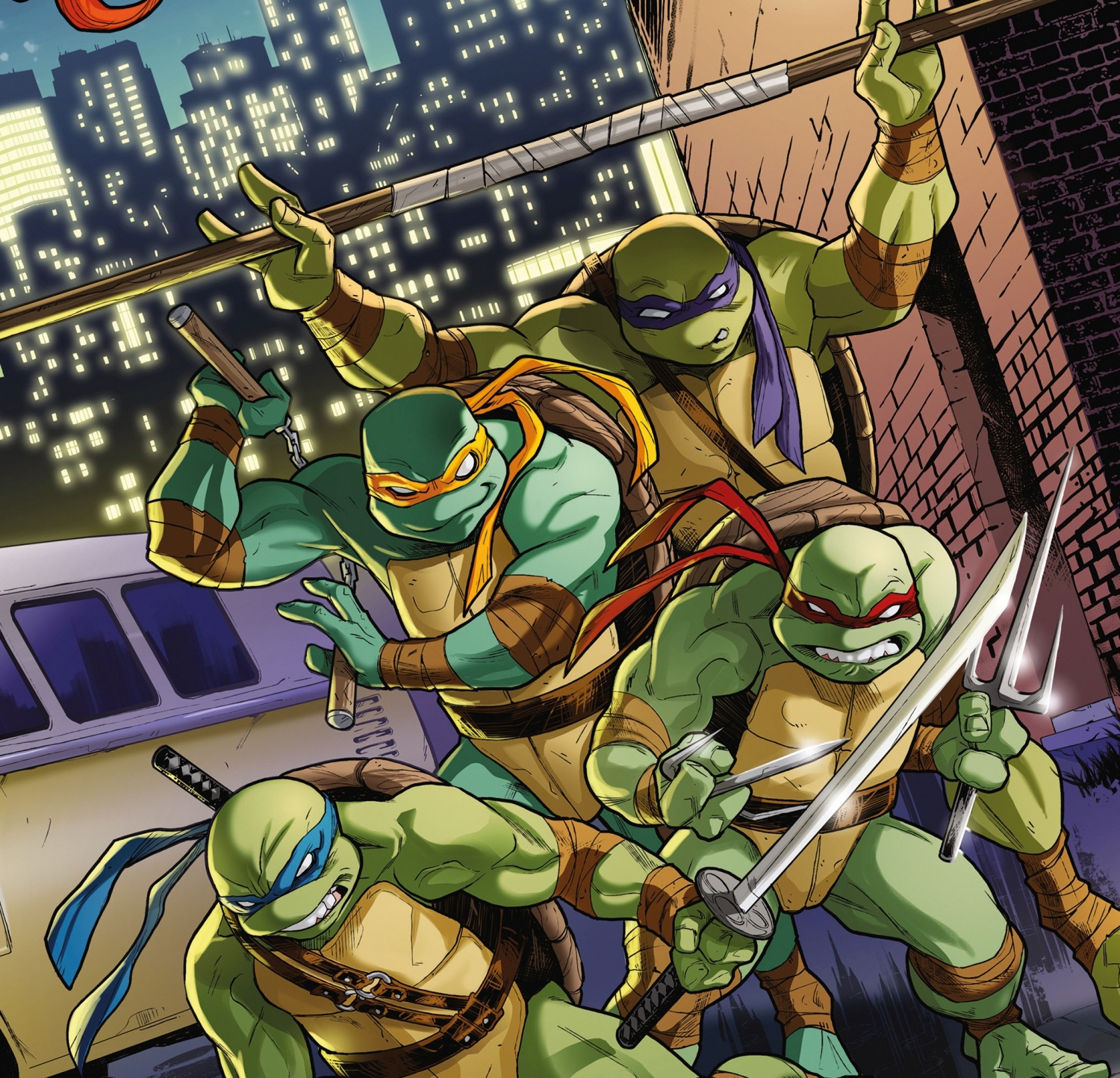Let the title not mislead you. It is indeed a comedy show that we are talking about here. Except that Nanette is not a single-in-scene like the others. Under this outdated title, Hannah Gadsby actually hides an intelligent platform against comedy. But what a curious idea to use stand-up to spread such a message, you might say. Well, you know what? You are right. That's weird. However, in painting as in the theater, you have to know how to break the rules to innovate and why not, mark your time.
This is indeed an unusual idea that Hannah Gadsby had. Make the trial of humor in the middle of one woman show. You had to dare. This unknown actress in the battalion (unless you watch Please Like Me) comes straight from Tasmania. For those who, like us, would have difficulty locating this state on the globe, it is the piece of land detached south of Australia (see map). It is therefore with a typical Tasmanian accent, well pronounced (and potentially incomprehensible) that the stand-up is expressed.

A difficult adolescence
It should also be noted that Tasmania is an extremely conservative state. Gadsby was born in the heart of the Bible Belt. A corner particularly focused on the Catho religion. This bigoted environment obviously influenced the childhood of the young woman who grew up in a world where homosexuality was considered a crime until 1997. Yes, you read that right. One thousand nine hundred and ninety-seven. That was just 20 years ago. Not that long, huh.
In the 1990s, just as the entire region was torn by the idea of legalizing same-sex relationships, Hannah Gadsby discovered that she was attracted to women. You will easily understand the delicate position in which the poor child may have found herself during her adolescence. Not easy to find your place in these conditions.
"It's dangerous to be different"
Different, ashamed and endowed with a masculine build that will earn him some uncomfortable situations, Gasby decides to take advantage of it and builds his career around self-mockery. A way for her to externalize this malaise with which she had to build herself.

A comedian apart
The beginning of the show is no exception to the rule. A bit like those artists who make fun of their overweight or their ungrateful physique. So far nothing very new. The jokes are going well, the punchlines are linked. It puts us at ease very quickly. We're having a good time.
However, Gadsby does not have the classic profile of the end-in-train. The comedian remains calm, takes up very little space on stage, allows himself from time to time a few discreet laughs. We are not used to seeing reserved profiles in this type of show. But under this falsely shy air, the personality of the actress is revealed little by little over the water. Gadsby draws at a crazy pace peaks of rare violence. This repartee at the Bree Van de Kamp makes its small effect. It hits hard and right. Where it hurts.
Everyone takes it for her rank: people who take her for a man and who confuse themselves in apologies, lesbians who blame her for not talking enough about homosexuality, white men who are offended at the slightest mockery… Picasso, Allen and Polansky, these heroes of the 20th century (LOL) will also be entitled to their moment of glory.

A perfectly constructed narrative
Gradually, the show becomes more and more committed. The punchlines more acerbic. The tone more sustained too. Gadsby even ends up getting carried away. What she says comes straight out of her gut, it shows, it feels. Anger buried deep inside her for far too long. You can feel the years of frustration and rejection behind it. It is a cry from the heart that we hear, and yet, the actress does not commit any misstep. Especially not that of giving in to the call of hatred. She always remains benevolent and takes care to explain how the injustices of this world have serious consequences for those who suffer them. And especially to those who have never experienced this kind of discrimination and who feel targeted today that voices are raised.
Touching and striking at the same time, the show is supported by flawless writing. It feels like chatting with a friend, the discussion can take several directions according to desires. Yet Gadsby always falls back on her feet, knowing exactly where she wants to take her audience.
Gadsby, or the missing act
But then why announce in the middle of stand up that she wants to leave comedy? Especially after proving his incredible talent for humor? The paradox here plays the role of demonstration. Throughout the show, Gadsby repeats these same words: "I have to tell my story correctly". As if to plant a small seed in the minds of his audience.
"A story needs three parts: a beginning, a middle and an end. A joke is just two things: a primer and a punchline."
It therefore lacks this third act to complete its story. This show, Nanette, is the third act of her career. Its catharsis in a way. Her mea culpa to herself. Without this end, the audience would only have a truncated view of events. Then it's time for her to tell her story properly.
This third act echoes this unimportant anecdote that made us laugh at the beginning of the show. The story then takes a completely different turn. Much less funny this time. But much more important too. Primordial even.
"I've built my whole career on self-mockery, but I can't do that anymore. You realize what it is: making fun of yourself when you live on the margins of society is not humility, it is humiliation. I make fun of myself to make people feel more comfortable with my difference. I decided to stop, for me and all the people who identify with me."
Touching, inspiring, striking, a real whirlwind of emotions… With Nanette, Hannah Gadsby asks a simple question: does a stand up necessarily have to make you laugh? Maybe not in the end. One thing is certain: after seeing this show, you will not be the same. Prepare to have your brain completely turned over after this exceptional performance. And you're going to love that too. Never Seen.















![[Live Report] Rock En Seine 2024 : 20 ans et toujours aussi passionnés !](https://www.justfocus.fr/wp-content/uploads/2024/11/RES24_JOUR01_LANA-DEL-REY_LOUIS-COMAR-12.jpg)




















